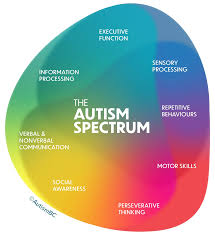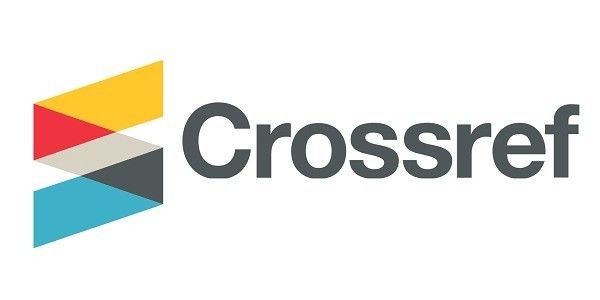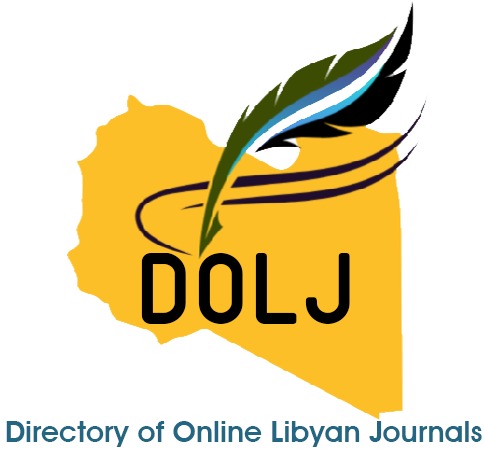Cytogenetic Study of Autism: A Systematic Review
- Authors
-
-
Safa Salim
Center of Technical Research, Northern Technical University, Mosul, 41001, IraqAuthor -
Abdullah Khaleel
Center of Technical Research, Northern Technical University, Mosul, 41001, IraqAuthor -
Mohammed Alkrdoshi
Center of Technical Research, Northern Technical University, Mosul, 41001, IraqAuthor -
Hamza Saadallah
Center of Technical Research, Northern Technical University, Mosul, 41001, IraqAuthor
-
- Keywords:
- Cytogenetic Study, Autism, Candidate Regions, Cytogenetic Abnormalities.
- Abstract
-
Study of autism via a methodical search strategy predominantly through the Scopus database. The search employed terms including "autism," "autism spectrum disorder," "ASD," alongside "cytogenetics," "chromosome," "chromosomal abnormality," "copy number variation," "CNV," and "aneuploidy." The inquiry was confined to English, peer-reviewed publications without temporal limitations. The inclusion criteria emphasized original research, reviews, and case reports that elucidate cytogenetic or chromosomal investigations in persons with autism, encompassing classic karyotyping, aCGH, and SNP arrays, accompanied by explicit descriptions of findings and diagnoses. The exclusion criteria eliminated research focused on single-gene mutations lacking a cytogenetic component, non-English publications, editorials, and studies in which chromosomal mosaicism was a secondary observation. The findings indicated a vigorous scientific production in autism research, with annual publications continuously over 300 from 2021 to 2023; however, a decrease was observed in 2024 and 2025. The United States prominently led in publications, with over 600 documents, followed by Italy, the United Kingdom, China, and Canada. Prominent authors such as J.D. Buxbaum and A. Kolezvon significantly influenced research productivity. The review methodologically emphasized the growing integration of advanced genetic testing, such as Chromosomal Microarray Analysis (CMA), Whole Exome Sequencing (WES), and Whole Genome Sequencing (WGS), in conjunction with behavioral evaluations. Chromosomal Microarray Analysis (CMA) has become the recommended initial genetic assessment, detecting harmful copy number variations (CNVs) in 10-20% of autism spectrum disorder (ASD) cases, with elevated rates among individuals with intellectual disabilities. WES functioned as an ancillary instrument, providing diagnoses in 15-30% of ASD cohorts by identifying de novo pathogenic single-nucleotide variants (SNVs) and copy number variations (CNVs). Whole Genome Sequencing (WGS), albeit costly, provided the most thorough genomic perspective, detecting complex structural variants and copy number variations (CNVs) overlooked by alternative methods.
- References
- Cover Image
-

- Downloads
- Published
- 2025-08-17
- Issue
- Volume 1, Issue 3, 2025
- Section
- Articles
How to Cite
Similar Articles
- Safa Mohammed Salim, Molecular Cytogenetic Study of Chronic Lymphocytic Leukemia Patients Diagnosed in Erbil City Using Fluorescence in Situ Hybridization (FISH) Technique , Razi Medical Journal: Volume 1, Issue 2, 2025
- Mahmoud Ashawesh, Mustafa Alkawash, Ayah Meigal, Baraah Almsiri, Abtihal Almasalati, Tracking the Burden of Type 2 Diabetes Mellitus Among Libyan Patients in Three Populated Districts of Tripoli, Libya , Razi Medical Journal: Volume 1, Issue 4, 2025
- Hasna Akub, Tawfeek Altawaty, Aun Youis, Seroprevalence of Human Immunodeficiency Virus Infection and Demographic Correlates among Individuals Tested in Al-Jabal Al-Akhdar, Eastern Libya: A Cross-Sectional Laboratory-Based Study , Razi Medical Journal: Volume 1, Issue 4, 2025
- Salem Swieb, Mohamed Elzwawi, Malik Delheen, Evaluating Outcomes of Percutaneous Nephrolithotomy Versus Flexible Ureteroscopy for Renal Calculi: A Retrospective Observational Study in Misrata, Libya , Razi Medical Journal: Volume 1, Issue 4, 2025
- Naamat Abid, Ghadda Mohamed, Ghadda Alshumani, Prevalence and Cytological Patterns of Cervical Lesions in Libyan Women: A Five-Year Pap Smear Analysis , Razi Medical Journal: Volume 1, Issue 4, 2025
- Ahmed Alsharksi, Abdalla Ali, Adam Mustapha, Clostridium difficile A-B Toxins as a Cause of Diarrheal Disease: Data from a University Hospital in Northern Cyprus , Razi Medical Journal: Volume 1, Issue 4, 2025
- Mohamed Zeglam, Mohamed Altier, Hala Alhawij, Mohamed Abuagila, A Cross-Sectional Assessment of Bacterial Contamination in Fixed Prosthodontic Impressions Transferred from Clinics to Dental Laboratories: A Study in Tripoli, Libya , Razi Medical Journal: Volume 1, Issue 3, 2025
- Milad Elshah, Mohamed Zeglam, Asmaa Abdeewi, In vitro Comparison of Fracture Toughness Among Three CAD/CAM Fixed Prosthodontic Materials , Razi Medical Journal: Volume 1, Issue 4, 2025
- Alaa ALMoula, Lana Mansor, Sarmad Almaula, The Importance of Probiotics in Human and Animal Life: A Review , Razi Medical Journal: Volume 1, Issue 4, 2025
- Al Basher Alafi, Ahmed Ashtawa, Siddig Bushra Mohamed, Marwa Al Mabrok, Waed Aldaekh, Hebah Zahmoul, Obesity and Headache in Libyan Adults: Findings from a Descriptive Cross‑Sectional Study in Gharyan City , Razi Medical Journal: Volume 2, Issue 1, 2026
You may also start an advanced similarity search for this article.








